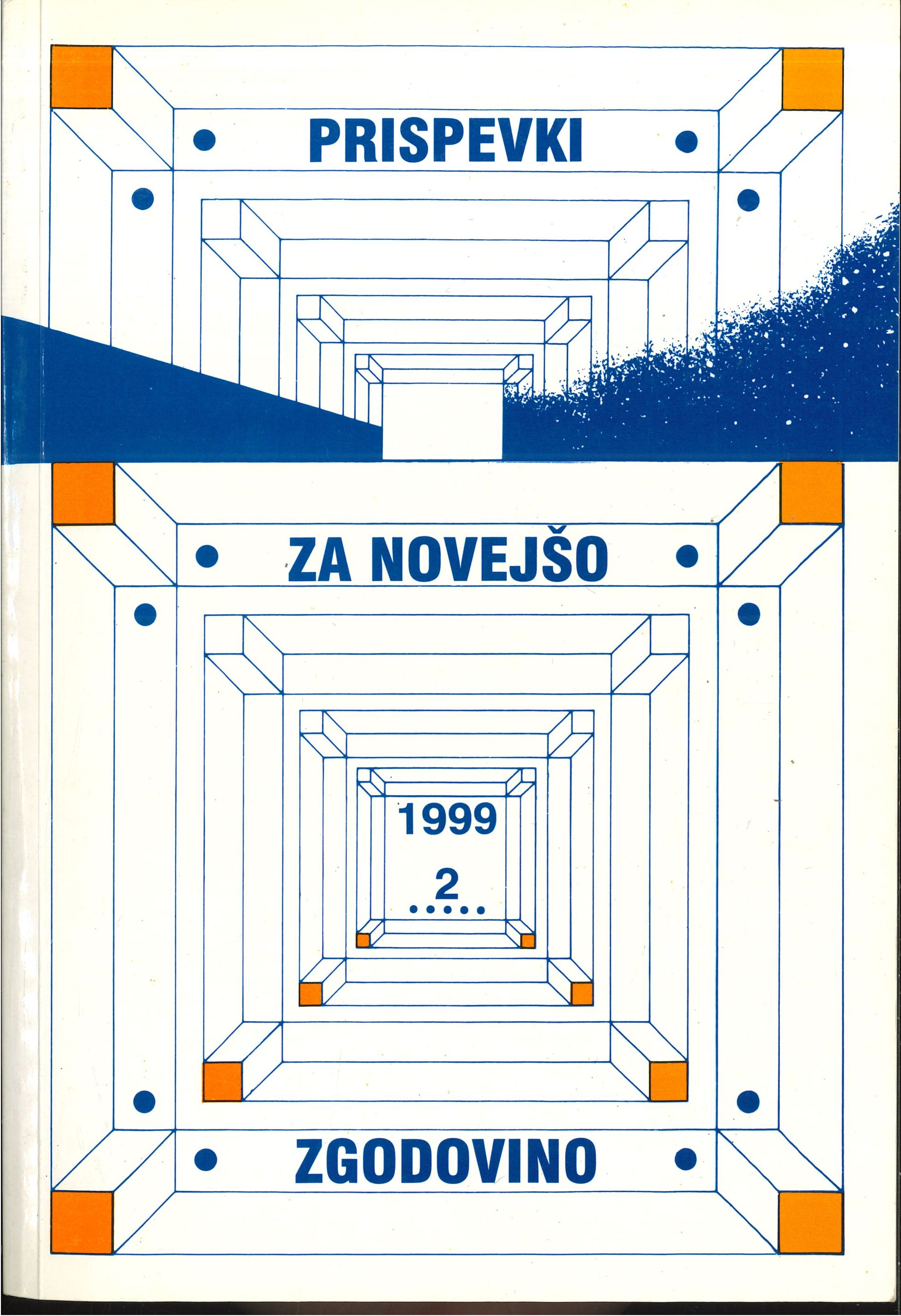Activity of Workers Cultural Society "Svoboda - Vzajemnost" in Maribor from its Foundation to 1941
Keywords:
culture, education, societies, worker's organisations, social democratic party, SloveniaAbstract
The Workers' Cultural Society Svoboda (Freedom) was a leading workers' cultural organization in Maribor between the two World Wars. The society contributed greatly to the rise of popular education and culture. It was divided into several sections such as drama and recitals, sports, nature trips, chess, singing and tamburitsa. The society organized lectures on issues related to the workers' movement. In 1935, the Svoboda society was banned by the authorities because of its political activity. However, only a year later, the Vzajemnost (Solidarity) Society was founded in its stead. It organized lectures, discussions, cultural evenings, singing and theatrical performances, thereby contributing towards a greater general education and Marxist re-education. By dealing with the current socio-economic issues, it attracted workers as well as inteligentsia and students. Among those who collaborated with the Vzajemnost were several prominent Slovenian cultural workers, such as Bogo Teply, Ivan Favai, Jože Babič and Anton Tanc.
Downloads
Published
Issue
Section
License
Authors who publish with this journal agree to the following terms:
- Authors retain copyright and grant the journal right of first publication with the work simultaneously licensed under a Creative Commons Attribution License that allows others to share the work with an acknowledgement of the work's authorship and initial publication in this journal.
- Authors are able to enter into separate, additional contractual arrangements for the non-exclusive distribution of the journal's published version of the work (e.g., post it to an institutional repository or publish it in a book), with an acknowledgement of its initial publication in this journal.
- Authors are permitted and encouraged to post their work online (e.g., in institutional repositories or on their website) prior to and during the submission process, as it can lead to productive exchanges, as well as earlier and greater citation of published work (See The Effect of Open Access).


